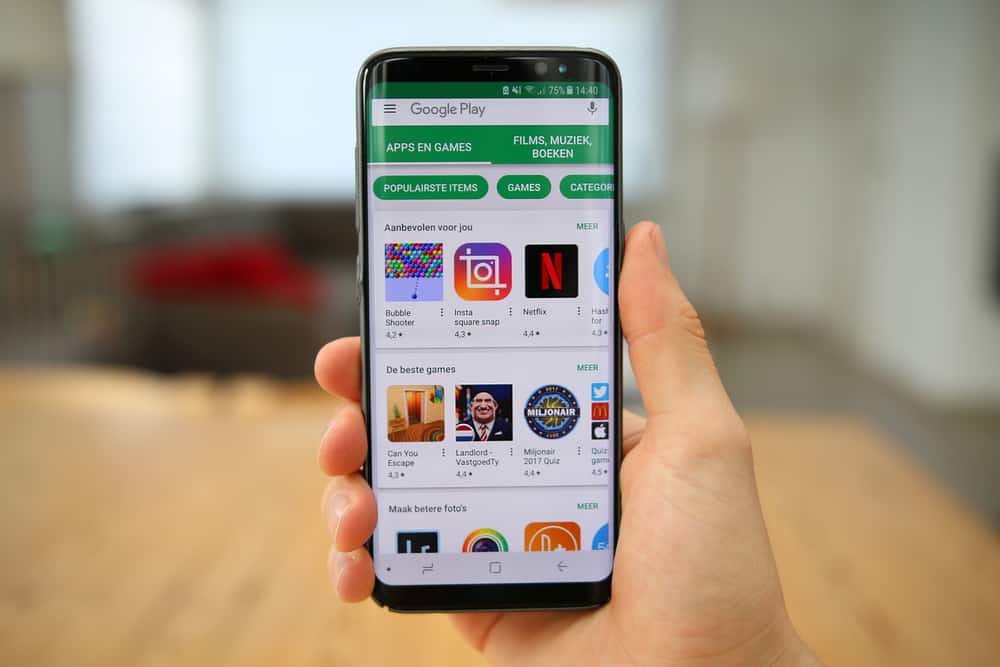Google is currently in the process of removal of fraudulent apps from its Play Store and the latest developer to be banned is a popular Chinese developer following a BuzzFeed News investigation.
Following the investigation, it was revealed that a Chinese developer was committing ad fraud and abusing user permissions. It was found that the Chinese developer DO Global (partly owned by Internet giant Baidu) was producing fake ad clicks to generate ad revenue. As of now, a total of 46 applications owned by DO Global have been deleted from the Play Store. Prior to the removal, DO Global’s presence of over 100 apps on the Play Store had accumulated more than half of a billion installs. This marks one of the largest bans on Google’s Play Store.
In a statement to Verge, the Google spokesperson said:
“We take our responsibility to protect users and advertisers seriously, and invest in tools and resources to fight fraud and abuse globally. We actively investigate malicious behavior, and when we find violations, we take action, including the removal of a developer’s ability to monetize their app with AdMob or publish on Play”
DO as of now has not responded to these allegations. The Chinese developer company claims to have more than 250 Million active users and a reach of 800 Million users through its ad platform. Buzzfeed reported that six apps from DO global contained codes that made fraudulent Ad clicks even when the user was not using the app. The apps were listed under the name of “Pic Tool group” and “Photo Artist Studio” on the Play Store.
“Google removed those six apps and claimed its internal systems had also flagged most of them for removal. Another 40 DO apps disappeared from the Play store this week, including 20 using the Do Global Games developer name, and 14 listed under Applecheer Studio. The apps listed different addresses and contact information in the store, making it difficult for the average user to see they were all owned by the same major developer.”
It should be noted that this isn’t the first time Google has deleted such a large number of apps from its Play Store. Last year in January, Google deleted over 60 games from the Play Store after it was found that some malicious bugs were present in the games that displayed ‘porn ads’. Surprisingly most of these games were aimed for children.





 Sony’s smartphone range faces another disappointing year
Sony’s smartphone range faces another disappointing year